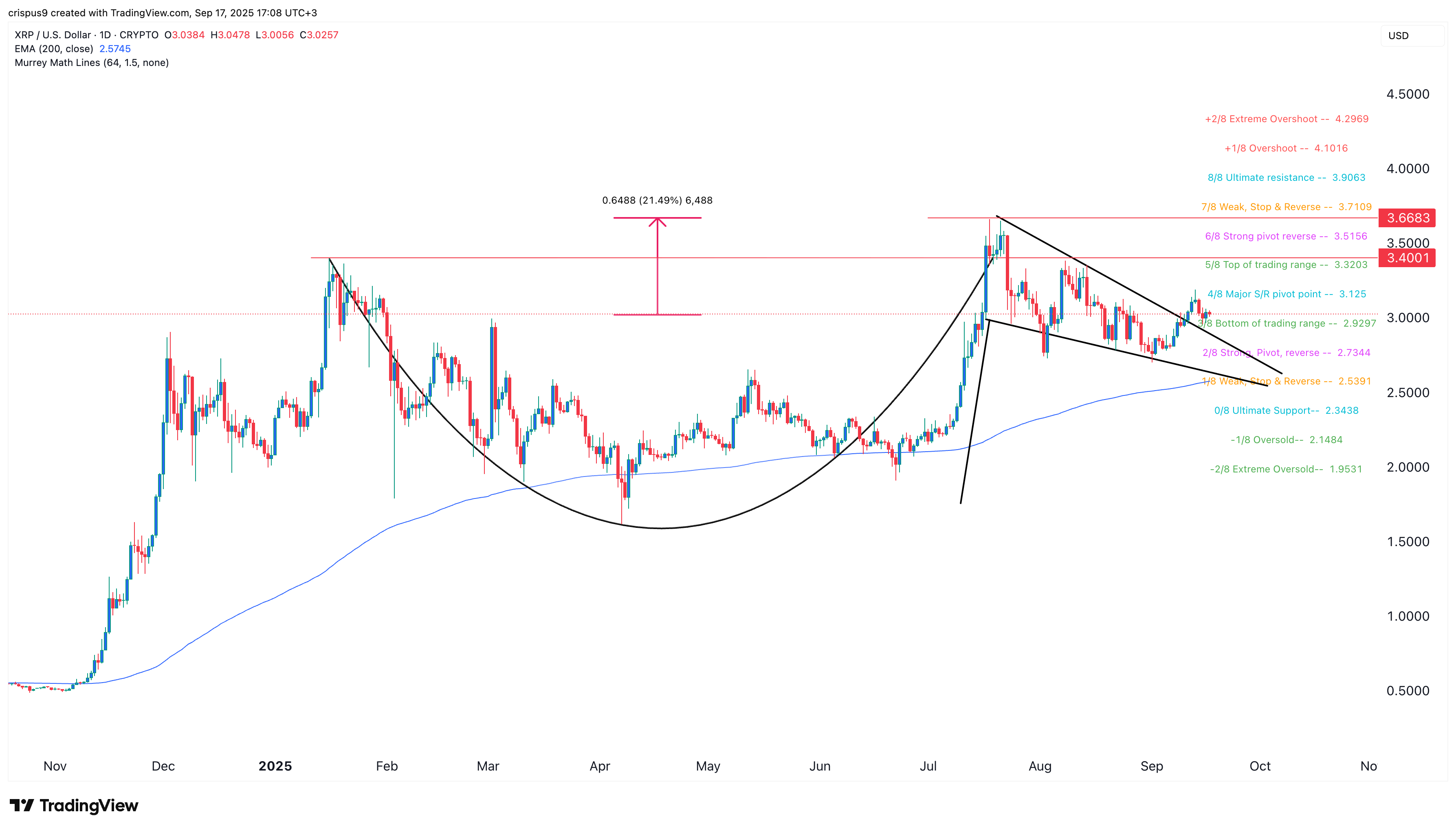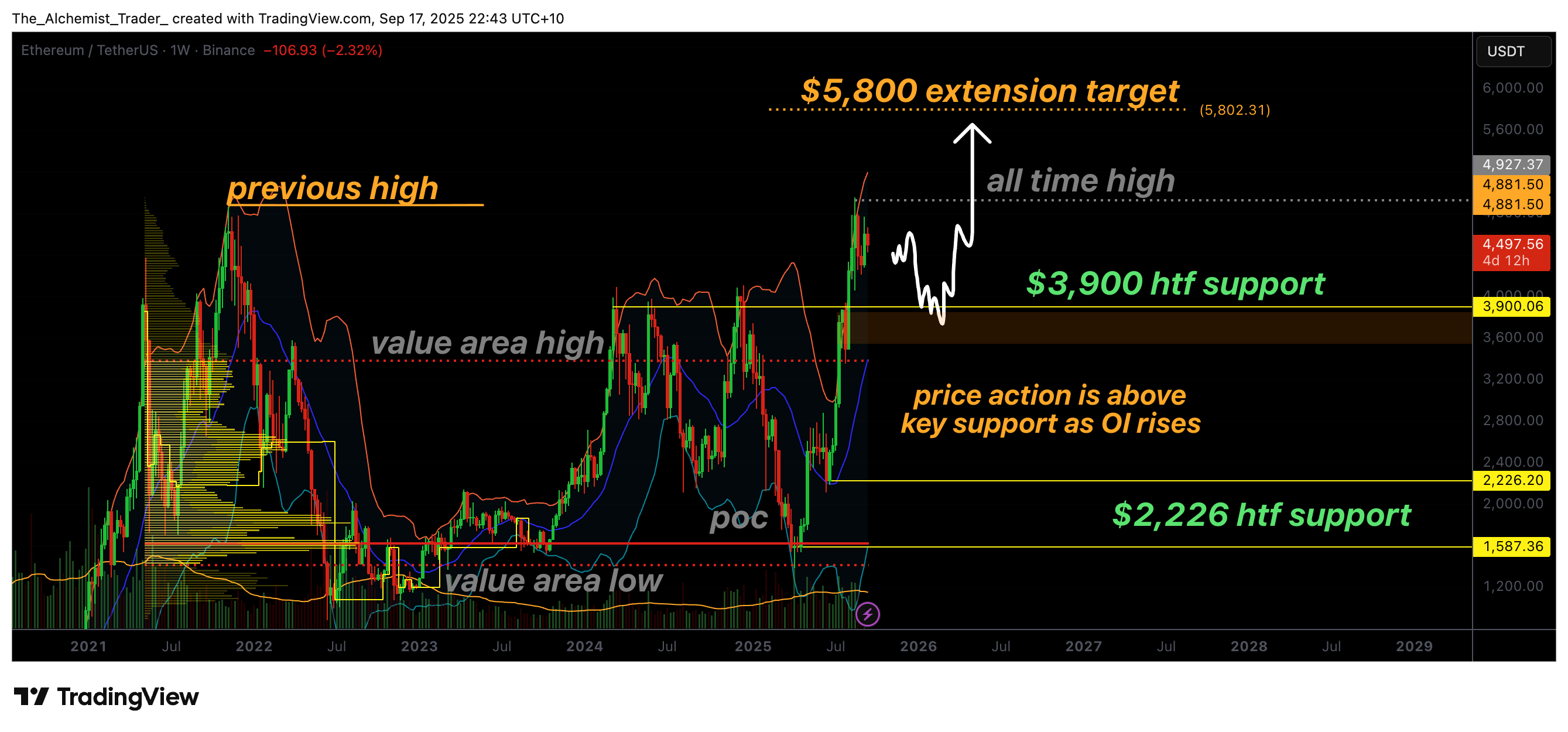OECD introduces tax reporting framework for crypto industry

The Organization for Economic Cooperation and Development (OECD) has introduced a new tax framework specifically designed for crypto.
OECD unveiled its Crypto-Asset Reporting Framework (CARF) at the end of a two-day ministerial-level meeting of its council held between June 7 and 8.
Alongside amendments to the existing common reporting standard (CRS), the Crypto-Asset Reporting Framework aims to address tax evasion and promote transparency in the digitalized and globalized world economy.
It includes rules for collecting pertinent tax information and defining the assets and entities involved in transactions. Additionally, it introduces a multilateral authority responsible for enforcing these rules and an electronic format (XML) for sharing information among relevant authorities.
The framework addresses various aspects of the crypto space, including wallets, exchanges, distributed ledger technology (DLT), and derivatives based on digital assets. It also introduces the term “Specified Electronic Money Product,” encompassing digital representations of fiat currencies.
Notably, the framework acknowledges the potential tax compliance requirements associated with central bank digital currencies (CBDCs).
Framework to help regulators draft crypto laws
The OECD is an international organization that establishes standards across various areas, including taxation, education, climate change, and employment. It provides guidelines to regulators on domestic and international policies. While these standards are not mandatory, they are crucial in shaping regulatory approaches.
Enforcement of the framework may present challenges, but the aim is precise: to ensure proper taxation within the cryptocurrency industry.
While the specific methods for enforcing compliance remain uncertain, introducing this tax framework reflects the intention of tax authorities to address cryptocurrency-related tax obligations.
The organization’s tax reporting framework comes when the crypto industry faces a renewed regulatory onslaught, especially in the United States.
On June 6, the US Securities and Exchange Commission (SEC) filed complaints against Binance and Coinbase, citing over ten major cryptocurrencies as unregistered securities.
If successful, the lawsuit will bring the named cryptocurrencies under the SEC’s purview and necessitate strict investor protection and tax reporting rules.




